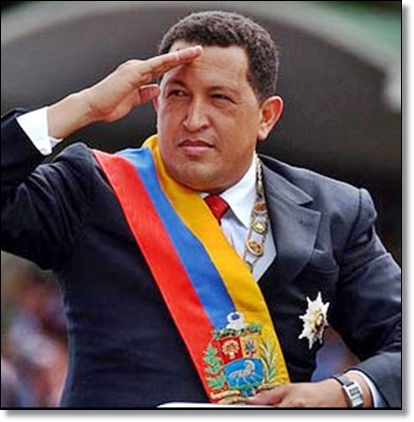Hugo Chavez: A Tribute

 |
| The late Hugo Chavez P. courtesy |
The emotions, feelings and tears that were shown by the thousands of those who attended his funeral were akin to the ones shown by Tanzanians when the country’s first president, Julius Nyerere (1922-1999) passed on. Chavez’s charisma, oratory and anti-imperialism equalled that of Thomas Sankara (1949 – 1987), the former President of Burkina Faso. Like Nyerere, Sankara, Patrice Lumumba, Kwame Nkrumah, Eduardo Mondlane, Amílcar Cabral, Steve Biko, Samora Machel and John Garang, Chavez was keen to uplift the living standards of his people.
Disturbed by the state of poverty, corruption, the domination of politics by the Venezuelan oligarchy through the Punto Fijo Pact, and what he called "the dictatorship of the IMF," Chávez began preparing for a military coup d'état, known as Operation Zamora. Inspired by fellow revolutionary Latin American medical student, famously known as Ernesto ‘che’ Guevara who travelled throughout South America and was moved by the poverty, hunger, and disease he witnessed, Chavez, decided to come to power to tackle the poverty challenge.
Chávez created and defined his political position as Bolivarianism, an ideology he developed from that of Simón Bolívar (1783–1830) a 19th-century general who led the fight against the imperialist Spanish authorities and who is widely revered across Latin America today.
His connection with what his electorate needed made the electorate to grant him four terms in office. He demonstrated that through politics, the common good can be advanced. Through politics, a nation’s socio-political and economic wellbeing can be enhanced for the better. He demonstrated that a nation can bypass the impoverishing dictates of multinational demands and craft a path that is pro the people.
Chavez’s regime addressed illiteracy, healthcare, poverty and economic and social advances. Under his leadership, the Venezuelan economy grew on average by 11.85% in the period 2004–2007.
Poverty in Venezuela stood at 28% in 2008, down from 55.44% in 1998 before Chávez got into office. Chávez supported the construction of 184 communes, housing thousands of families, with $23 million in government funding. The communes produced some of their own food, and were able to make decisions by popular assembly of what to do with government funds. During Chavez’s regime, the extreme poverty fell by 72 percent.
Charismatic and capable of building leaderships, communicating to masses as few other leaders ever have, Chavez will be missed. He intermingled his nation with diverse peoples -indigenous Indians, descendants of Europeans and Africans, recent immigrants. For those who are against him, they should not forget that he was a human being like any other in this world. He died when he was still needed. He made his fellow countrymen know that they were worth something. Chavez died the way he lived. He filled the people with Love and managed to a big extent to destroy Poverty. He gave all his life for the liberation of the Venezuelan people.
By Frédéric Meela
The author is a Political Philosophy student.
